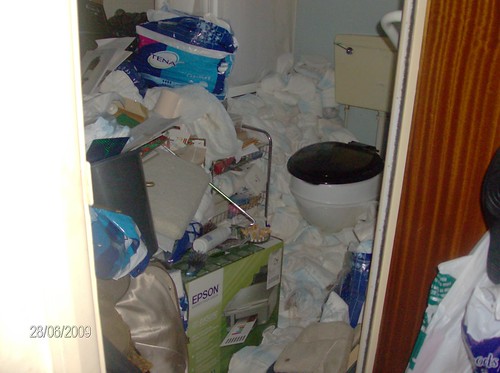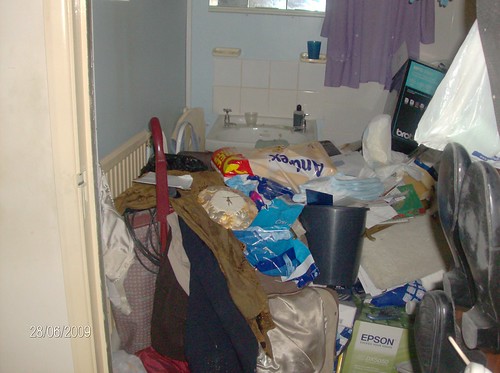the doctor
Part P Doctor ™
- Joined
- Mar 1, 2008
- Messages
- 580
- Reaction score
- 1
hi all,
I have been took on to do minor works and circuits in bathrooms. The regs tell me that all circuits must be 30mA protected in the bathroom area. So far so good. I also teach and quote this reg so that is ok as well.
Now i have to do these works i really started to think about things and wondered why i would have to rcd a circuit supplying 12v downlights. What i am trying to say is that an rcd would provide no protection at all.
Following on, i made some calls to elder statesmen of the regs and have found out that the reg is a mistake. It should say "circuits supplying class I and II circuits in the location.
The dilemma is do you comply with the reg for downlights or disregard it till they get round to ammending it. Finally if i take the latter action do i book it as a departure or simply not mention it on the certificate?
Interesting eh?
Best wishes
alan...
I have been took on to do minor works and circuits in bathrooms. The regs tell me that all circuits must be 30mA protected in the bathroom area. So far so good. I also teach and quote this reg so that is ok as well.
Now i have to do these works i really started to think about things and wondered why i would have to rcd a circuit supplying 12v downlights. What i am trying to say is that an rcd would provide no protection at all.
Following on, i made some calls to elder statesmen of the regs and have found out that the reg is a mistake. It should say "circuits supplying class I and II circuits in the location.
The dilemma is do you comply with the reg for downlights or disregard it till they get round to ammending it. Finally if i take the latter action do i book it as a departure or simply not mention it on the certificate?
Interesting eh?
Best wishes
alan...






